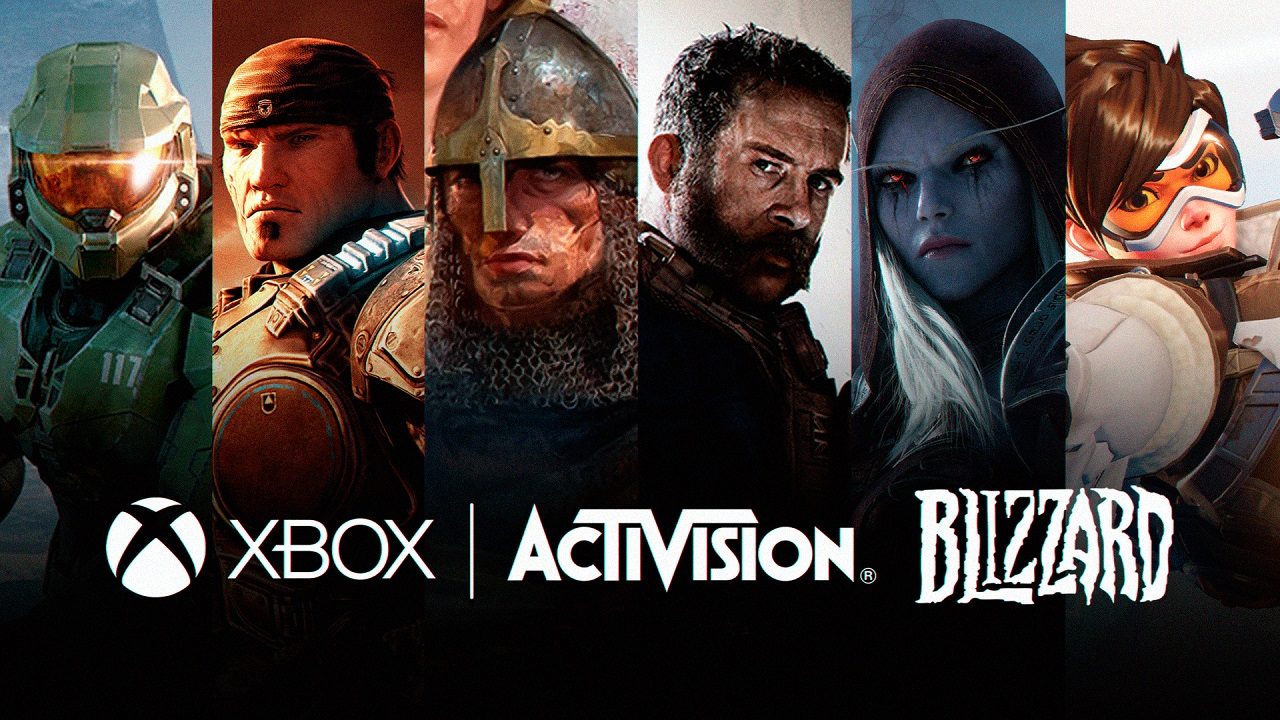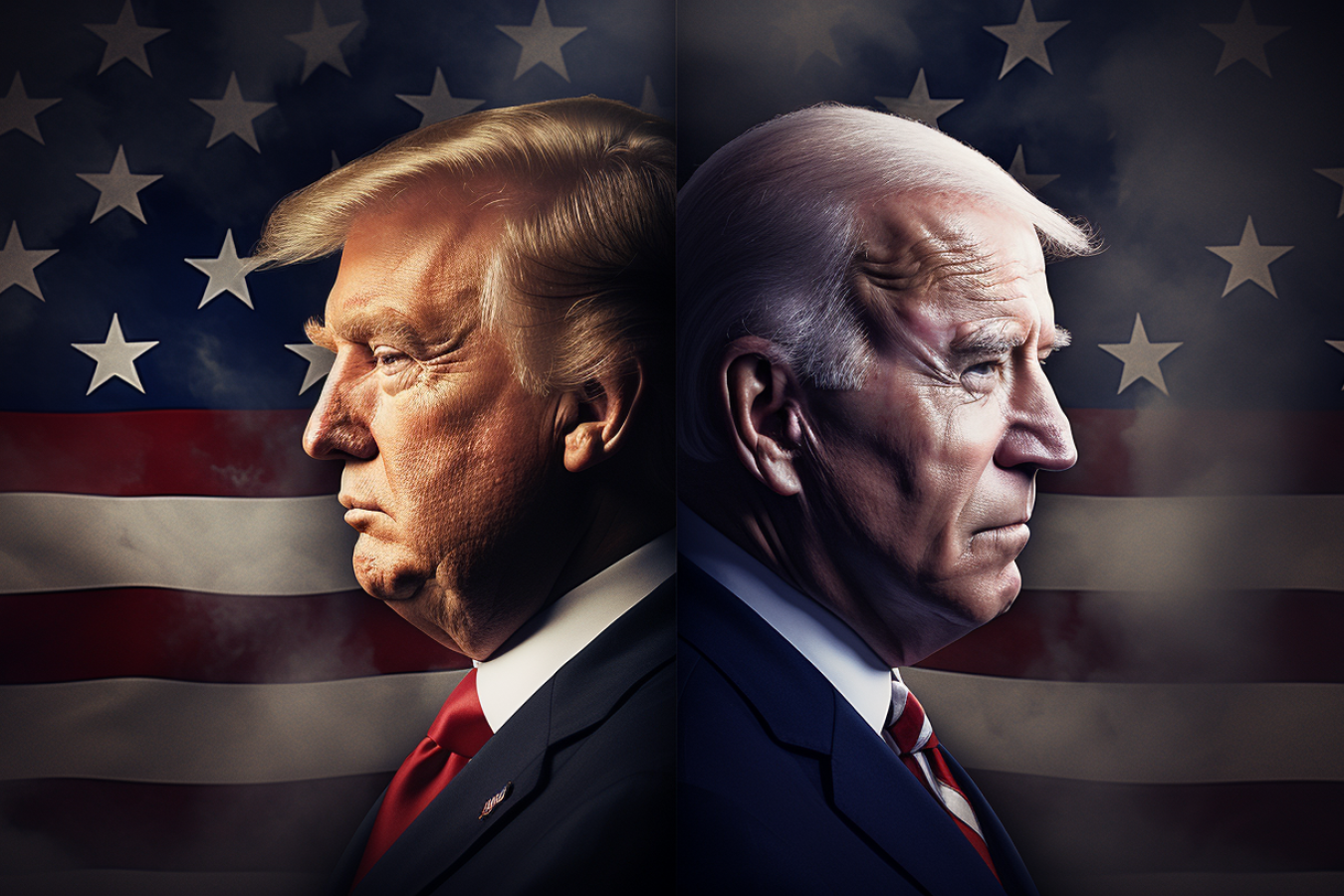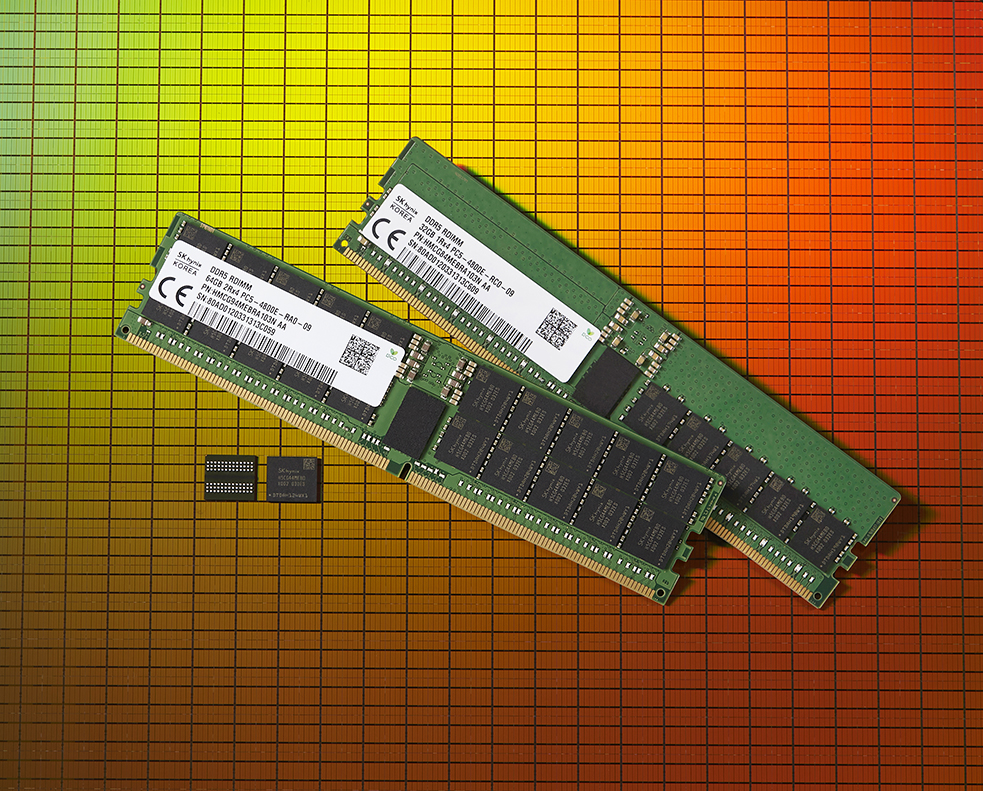Microsoft-Activision Deal: FTC Files Appeal Against Court Decision

Table of Contents
The FTC's Initial Lawsuit and its Arguments
The FTC initially filed a lawsuit to block the Microsoft-Activision merger, arguing that the deal would substantially lessen competition in the video game market. Their primary concern centered on the potential for Microsoft to make Activision's popular franchises, particularly Call of Duty, exclusive to its Xbox ecosystem. This, the FTC argued, would harm competition and consumers.
The FTC's arguments focused heavily on anti-competitive concerns, particularly regarding the future of Call of Duty. They presented evidence attempting to demonstrate that Microsoft’s acquisition would give it an unfair advantage, potentially stifling competition from Sony’s PlayStation and other platforms.
- Claim of reduced competition in the gaming console market: The FTC argued that Microsoft's control over Call of Duty and other Activision Blizzard titles would significantly reduce competition in the console market, giving Xbox an unfair edge.
- Concerns about Microsoft's potential to stifle competition by making Call of Duty exclusive to Xbox: A central argument revolved around the possibility of Microsoft leveraging its ownership of Call of Duty to make it exclusive to Xbox, damaging PlayStation and potentially harming the entire gaming ecosystem.
- Arguments against Microsoft's proposed remedies: Microsoft offered several remedies to address the FTC’s concerns, but the FTC argued these were insufficient to prevent anti-competitive behavior.
The Court's Decision and its Rationale
A US District Judge ultimately rejected the FTC's request for a preliminary injunction to block the merger. The judge's decision, while acknowledging the FTC's concerns, found the agency's evidence insufficient to demonstrate a likelihood of success in proving that the merger would be anti-competitive. The judge's rationale highlighted several weaknesses in the FTC's case.
- Judge's assessment of the FTC's evidence regarding anti-competitive practices: The judge found the FTC's evidence regarding anti-competitive practices to be weak, stating that it failed to definitively prove Microsoft would make Call of Duty exclusive to Xbox.
- Key arguments the judge found lacking in the FTC's case: The judge indicated the FTC's predictions of future anti-competitive behavior were speculative and lacked sufficient evidence of Microsoft's intent to harm competition.
- Mention of any specific precedents cited by the judge: The judge’s ruling cited various precedents regarding merger litigation, emphasizing the need for concrete evidence of harm to competition, not merely speculative predictions.
The FTC's Appeal and its Potential Impact
Undeterred by the court's decision, the FTC announced its intention to appeal the ruling. This appeal significantly prolongs the uncertainty surrounding the Microsoft-Activision deal and introduces a new phase of legal battles.
The appeal’s outcome will likely have a significant impact on the timeline of the merger, possibly delaying the closing date further. It could also set a precedent for future large-scale tech mergers, influencing how regulators approach such acquisitions.
- Potential timeline for the appeal process: The appeal process could take months, or even years, to resolve, significantly delaying the completion of the Microsoft-Activision merger.
- The legal strategies the FTC might employ in its appeal: The FTC is likely to focus on strengthening its arguments concerning the potential for anti-competitive practices, potentially presenting new evidence or refining its existing arguments.
- The potential impact on the merger timeline and closing date: The appeal introduces considerable uncertainty, and delays could significantly impact the financial projections and strategic plans of both Microsoft and Activision Blizzard.
- Implications for other large tech mergers and acquisitions: The outcome of the appeal will have implications for other large tech mergers and acquisitions, potentially influencing how regulators approach future deals.
Reactions from Industry Stakeholders
The FTC's appeal has generated considerable reaction from various industry stakeholders. Microsoft has expressed confidence in its position, while Activision Blizzard awaits the resolution of the legal battle. Gaming analysts offer varying perspectives on the likelihood of the FTC's success.
- Microsoft's statement on the FTC's appeal: Microsoft has reiterated its commitment to the merger and its confidence that the deal will ultimately be approved.
- Activision Blizzard's response to the ongoing legal battle: Activision Blizzard is likely to maintain a cautious approach while the appeal process unfolds, focusing on delivering its existing games.
- Analysis from leading gaming industry analysts on the appeal's outcome: Gaming analysts offer differing views, with some predicting the FTC's appeal might succeed, while others see it as unlikely to overturn the initial ruling.
- Public opinion and sentiment surrounding the deal: Public sentiment is divided, with some concerned about potential anti-competitive outcomes, and others welcoming the potential benefits for gamers.
Conclusion
The FTC's appeal against the court's decision on the Microsoft-Activision deal significantly prolongs the uncertainty surrounding this major gaming industry merger. The outcome of this appeal will not only determine the fate of the acquisition but also set a significant precedent for future mergers and acquisitions in the tech sector. While the initial court ruling seemed favorable to Microsoft, the FTC's appeal introduces considerable uncertainty. Stay informed about further developments in this ongoing legal battle by regularly checking for updates on the Microsoft-Activision deal. The implications are far-reaching, affecting the future of gaming consoles, game pricing, and the very landscape of the video game market. Continue to follow this developing story to see how this pivotal Microsoft-Activision deal unfolds.

Featured Posts
-
 Two New Oil Refineries Planned Saudi Arabia India Collaboration
Apr 24, 2025
Two New Oil Refineries Planned Saudi Arabia India Collaboration
Apr 24, 2025 -
 Impact Of Chinas Rare Earth Export Controls On Teslas Optimus Robot Project
Apr 24, 2025
Impact Of Chinas Rare Earth Export Controls On Teslas Optimus Robot Project
Apr 24, 2025 -
 O Thanatos Toy Tzin Xakman I Sygkinitiki Anartisi Toy Tzon Travolta
Apr 24, 2025
O Thanatos Toy Tzin Xakman I Sygkinitiki Anartisi Toy Tzon Travolta
Apr 24, 2025 -
 The Business Of Deportation A Startup Airlines Approach
Apr 24, 2025
The Business Of Deportation A Startup Airlines Approach
Apr 24, 2025 -
 Dram Market Share Sk Hynix Challenges Samsungs Dominance With Ai
Apr 24, 2025
Dram Market Share Sk Hynix Challenges Samsungs Dominance With Ai
Apr 24, 2025
